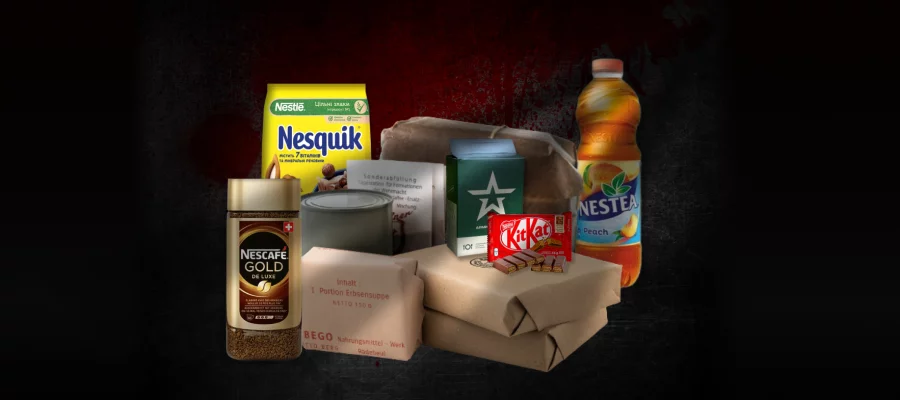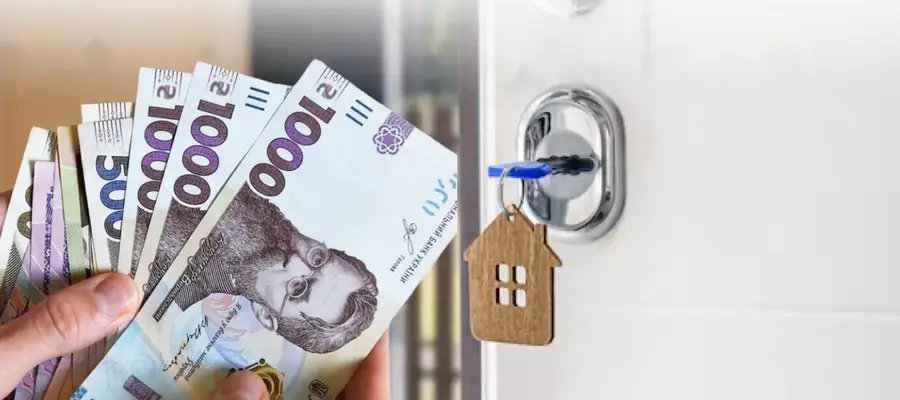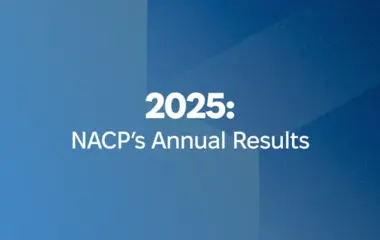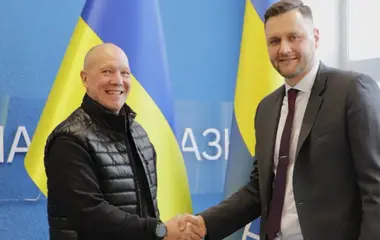The Swiss corporation Nestle is one of the largest food producers in the world, doing business in 187 countries. Despite the ongoing Russian aggression against Ukraine, Nestle continues to operate in the aggressor state, supplying goods to its population and expanding its production base in the country. On this basis, the National Agency on Corruption Prevention (NACP) is including the company in the list of international sponsors of the war.
Nestle produces instant coffee, mineral water, chocolate, ice cream, dairy products, baby and pet food, and a range of other products. The company's product portfolio includes more than 2,000 brands worldwide, including KitKat, Nescafé, Nesquik, Nestea, and others.
As of early 2022, the Swiss corporation was operating seven factories in Russia.
Despite the fact that the share of Nestle’s revenue made in Russia is only slightly over 2% of its global revenue, the company has not yet decided to leave the market of the terrorist state. Nestle explains this decision by citing the need to provide the Russian population with “essential products” and to take care of its 7,000 employees.
Nestle is represented in the Russian Federation through Nestle Russia LLC. The company paid more than USD 25 million in profit taxes as of 2021. Nestle has not published data on its income and taxes paid for 2022, most likely fearing international pressure.
In April 2023, the management of Nestlé Russia LLC asked the Ministry of Finance of the Russian Federation to take the necessary measures to restrict public access to the results of operations and financial statements of the company's subsidiaries. The purpose of this step was likely to avoid imposing sanctions on Nestle's subsidiaries.
The analysis of the Russian customs data reveals that in 2022 Nestle imported USD 374 million worth of semi-finished products and raw materials into Russia, while during the first nine months of 2023 this figure stood at USD 271 million.
After the start of Russia's full-scale invasion of Ukraine, the company announced the suspension of exports and imports to Russia, except for “essential and basic goods for the local people.” Nevertheless, as reported by Swiss media, the shelves of Russian stores are still full of their products. Among the products available are Bystrow breakfast cereals, Maggi soups and broth cubes, Purina pet food, chocolate bars, and Nespresso coffee.
Additionally, in October 2022, the company imported technical equipment into Russia under the guise of milk powder, as evidenced by the court proceedings of Moscow Arbitration Court No. A40-24044/2023. In other words, the company does not only import raw materials to produce its “essential goods,” but also tries to covertly send technological equipment to Russia in order to further develop its business.
These facts provide ample evidence that the Swiss corporation has not learnt its lesson from recent history. During World War II, the company worked with both the aggressor and the victim, supplying food stuffs to the German Army and, at the same time, exporting them to the countries of the anti-Hitler coalition.
By continuing to work in the Russian market, Nestle is once again demonstrating to the world its willingness to collaborate with the aggressor state. Nestle’s Russia business also demonstrates to Russia itself that it continues to be integrated into the global market, despite numerous war crimes committed in Ukraine.
 International sponsors of war: 80 years after World War II, Nestle again "feeds" the aggressor
International sponsors of war: 80 years after World War II, Nestle again "feeds" the aggressor
 International sponsors of war: 80 years after World War II, Nestle again "feeds" the aggressor
International sponsors of war: 80 years after World War II, Nestle again "feeds" the aggressor









